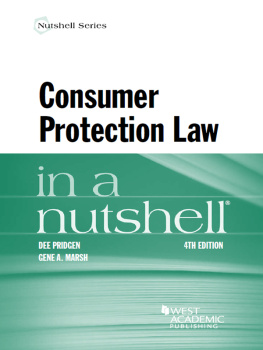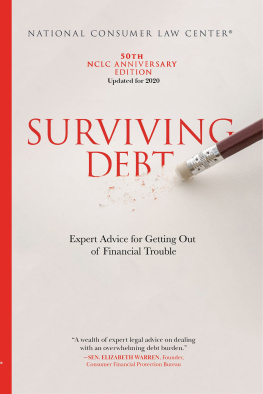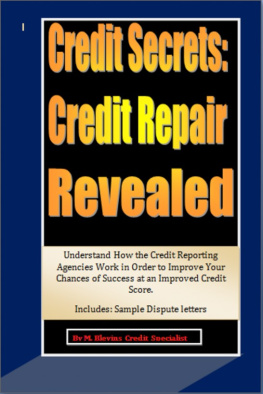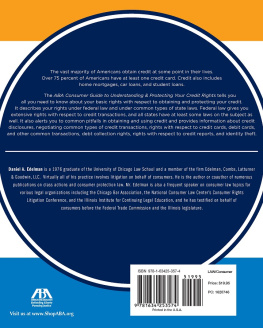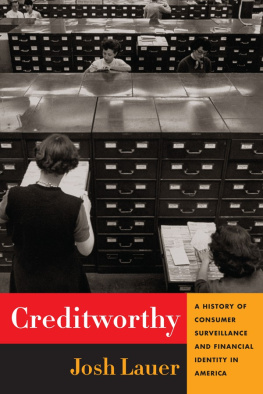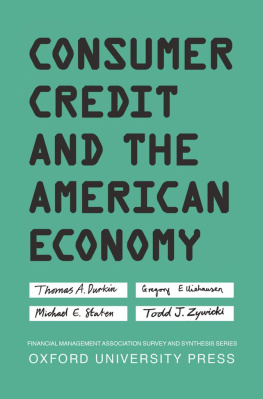Landmarks
Page list

WEST ACADEMIC PUBLISHINGS
LAW SCHOOL ADVISORY BOARD
__________
JESSE H. CHOPER
Professor of Law and Dean Emeritus,
University of California, Berkeley
JOSHUA DRESSLER
Distinguished University Professor, Frank R. Strong Chair in Law
Michael E. Moritz College of Law, The Ohio State University
YALE KAMISAR
Professor of Law Emeritus, University of San Diego
Professor of Law Emeritus, University of Michigan
MARY KAY KANE
Professor of Law, Chancellor and Dean Emeritus,
University of California, Hastings College of the Law
LARRY D. KRAMER
President, William and Flora Hewlett Foundation
JONATHAN R. MACEY
Professor of Law, Yale Law School
ARTHUR R. MILLER
University Professor, New York University
Formerly Bruce Bromley Professor of Law, Harvard University
GRANT S. NELSON
Professor of Law, Pepperdine University
Professor of Law Emeritus, University of California, Los Angeles
A. BENJAMIN SPENCER
Earle K. Shawe Professor of Law,
University of Virginia School of Law
JAMES J. WHITE
Robert A. Sullivan Professor of Law Emeritus,
University of Michigan
I
CONSUMER PROTECTION LAW
IN A NUTSHELL
FOURTH EDITION
DEE PRIDGEN
Carl M. Williams Professor of Law
& Social Responsibility
University of Wyoming College of Law
GENE A. MARSH
James M. Kidd, Sr. Professor Emeritus of Law
The University of Alabama School of Law

II
The publisher is not engaged in rendering legal or other professional advice, and this publication is not a substitute for the advice of an attorney. If you require legal or other expert advice, you should seek the services of a competent attorney or other professional.
Nutshell Series, In a Nutshell and the Nutshell Logo are trademarks registered in the U.S. Patent and Trademark Office.
COPYRIGHT 1976, 1981 WEST PUBLISHING CO.
COPYRIGHT 1999 By WEST GROUP
2016 LEG, Inc. d/b/a West Academic
444 Cedar Street, Suite 700
St. Paul, MN 55101
1-877-888-1330
West, West Academic Publishing, and West Academic are trademarks of West Publishing Corporation, used under license.
Printed in the United States of America
ISBN: 978-1-63460-471-0
III
TO MY HUSBAND, KEN AND MY DAUGHTERS KEIKO AND EMMIE
Dee Pridgen
TO MY WIFE, JENELLE, AND MY SONS, NATHAN AND ELLIOTT
Gene A. Marsh
V
PREFACE TO THE FOURTH EDITION
____________
The evolution of consumer protection law in the United States has continued apace since the 3rd edition of this Nutshell was published in 1999. The rise of the Internet and online transactions described in the prior edition resulted in a wave of federal legislation and a new concern for consumer privacy that came to the forefront around the time of the first decade of the 21st century. For instance, Congress passed the Childrens Online Privacy Protection Act in 1998 and the Gramm-Leach-Bliley (financial privacy) Act in 1999. The Federal Trade Commission (FTC) expanded the Telemarketing Sales Rule in 2003 to include the hugely popular Do-Not-Call Registry, based on the consumers interest in protecting the privacy of their home from annoying and often fraudulent intrusions by telemarketers. This was soon followed by the CAN-SPAM Act, meant to curb the onslaught of unsolicited commercial emails, or spam as it has come to be known. Since 2000, the FTC has used its general authority to police unfair and deceptive trade practices to promote the use of reasonable cyber security practices by companies that handle consumers personal financial or other information. The Fair and Accurate Credit Transactions Act of 2003, amending the Fair Credit Reporting Act, was also aimed at protecting consumers from identity theft, one of the major consumer scourges of the era. Based on these VI developments, this edition of the Nutshell has an entire new chapter on consumer privacy, as well as significant updating of the material on credit reporting.
The rise of the subprime credit market, including the use of exotic and sometimes toxic mortgage loans, and the expansion of the credit card industry along with increased fees and hidden penalties for consumers, led in part to the collapse of the housing market and the Great Recession of 2008. Responding to the financial crisis, Congress passed the Dodd-Frank Act in 2010, which created the Consumer Financial Protection Bureau, a major new federal consumer protection agency charged with regulating consumer finance service providers. The Dodd-Frank Act also contained the Mortgage Reform and Anti-Predatory Lending Act, which mandates many substantive and other protections for consumers in the residential real estate finance arena. The CFPBs activities, including new and proposed regulations on mortgage loans, mortgage servicing, fringe lending, and arbitration clauses, are covered in the expanded Truth in Lending chapters featured in this edition. Congress also passed the Credit CARD Act of 2009, which enhanced credit card holders substantive protections, as well as improving disclosures. Developments regarding credit, debit and stored value cards are covered in a new, separate chapter on modern consumer payment systems.
Consumer law is not only based on legislation and regulations. Consumer-related case law has also seen significant new developments since the publication of VII the 3rd edition of this Nutshell. For instance, in the landmark 2011 case of AT&T v. Concepcion , the United States Supreme Court continued a series of cases in which it upheld standard form mandatory arbitration clauses, including class action waivers, in consumer contracts, based on the supremacy of the Federal Arbitration Act. The CFPB in 2016, after conducting a major study of arbitration clauses in consumer contracts, proposed a regulation that would ban the use of class action waivers in such contracts. Arbitration clauses, as well as other unwelcome clauses, often appear in online contracts contained in hyperlinks or in scroll-down text, next to the click I agree button. Many common law contracts cases have enforced such clauses under the legal fiction that consumers have exercised meaningful assent, as long as they have any sort of opportunity to read the terms and conditions and indicate their agreement.
Consumer protection laws are only useful if they are effectively enforced. Thus, this volume covers federal and state government enforcement, as well as private enforcement, of both federal and state consumer protection laws, including state unfair and deceptive trade practices acts and the federal Truth in Lending Act. In addition, the Federal Trade Commissions advertising substantiation doctrine is a major enforcement tool in the advertising area. In a 2015 D.C. Circuit Court case against a dietary supplement maker, the FTC established that when a food or beverage product claims to have disease-related properties, the marketer must have some random, clinical tests to back up such claims.
VIII
Other aspects of consumer law, such as international or comparative consumer law, unfortunately are beyond the scope of this book. Likewise, consumer product safety and products liability cases, are also not included. Mainly in the interest of brevity and to avoid becoming dated, this book mainly uses primary sources, such as statutes, regulations and cases, for its relatively limited citations. Law review articles related to consumer law, while not referenced here, should be explored by those seeking a more comprehensive knowledge of the subject matter.

